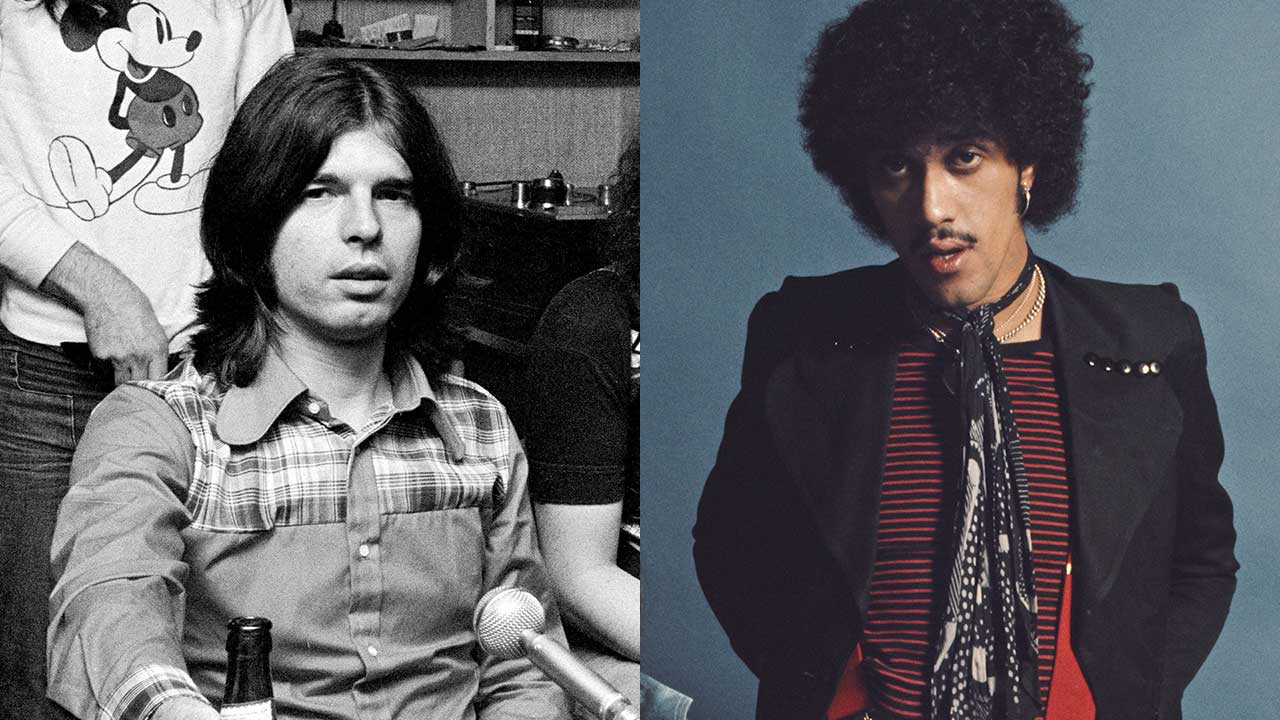
Tony Visconti had already worked with Thin Lizzy on 1977’s Bad Reputation when he agreed to again step into the production hotseat on its 1979 follow-up Black Rose. He probably had a good idea of what he was stepping into with Phil Lynott’s rabble then, aware that work in the studio would be accompanied by a lot of decadent playtime, usually instigated by party animal Lynott himself. “Tony was trying to keep a handle on everything,” the band’s Scott Gorham, an accomplice in Lynott’s pleasure-seeking, told Classic Rock’s Harry Doherty. “He was the voice of calm and reason, letting us know if we overstepped the mark.”
Little did Visconti know just how many times he’d have to point out where that mark was. Sessions in Toronto for Bad Reputation had been wild enough, but things went into overdrive in Paris, where the band were making Black Rose. Gorham remembers how, everywhere you looked in Thin Lizzy’s world at the time, there were drugs. “Mentally, everyone was upbeat,” he told Classic Rock. “But at the same time, sitting on the couch at the studio, you’ve got three dealers. One guy selling smack; the other guy selling coke; and the third guy selling hash… it was that way every night.”
The upbeat nature couldn’t last, and things took a turn when Lynott had been out for a few heavy nights on the trot and it began to affect his health. Visconti could sense a situation getting out of control and feared the worst. “When Phil was bedridden for three days, I was very frightened,” the producer told Classic Rock. “I seriously thought he was going to die in his hotel room. When he emerged I had a good heart to heart talk with him about his drug abuse, but he assured me, as always, that he had it under control.”
That the band managed not to just to get material down but end up with their best record is testament to Visconti’s ability to herd wild animals, a man with a PhD in crisis management. “We really didn’t waste too much time due to drugs in the studio,” Visconti recalled, “but the emotional strain was terrible on me.” They wouldn’t work together again, but here Thin Lizzy and Tony Visconti managed to bottle all that chaos and debauchery into an album that has rung through the ages.







